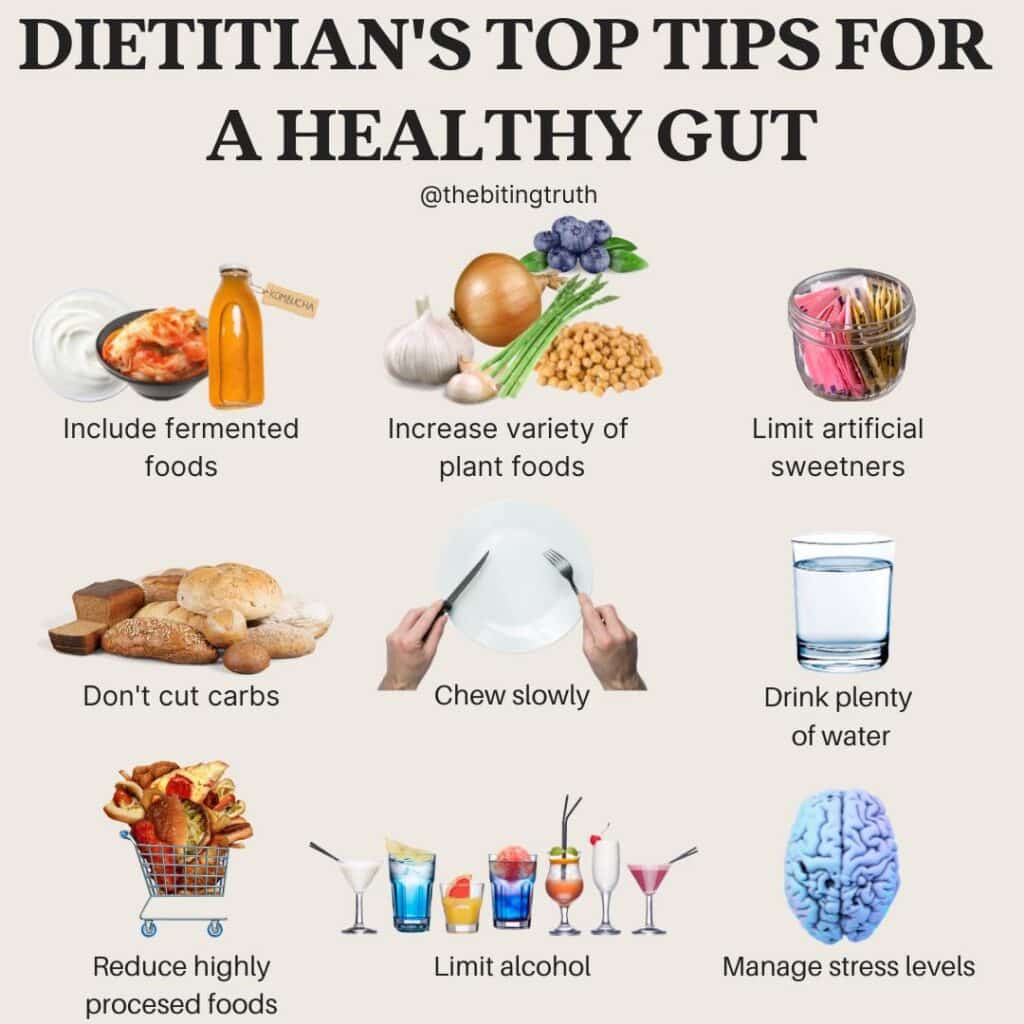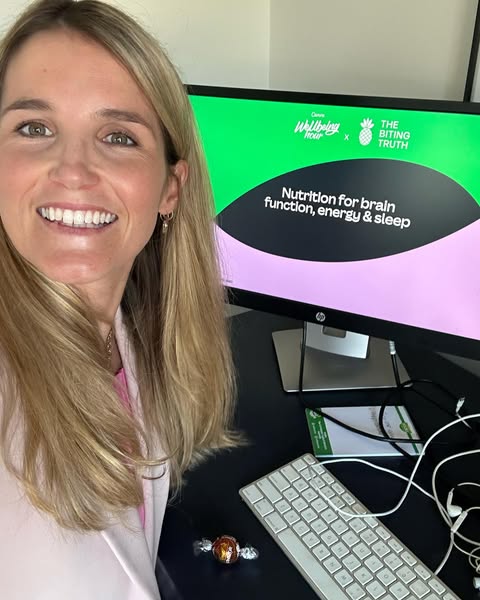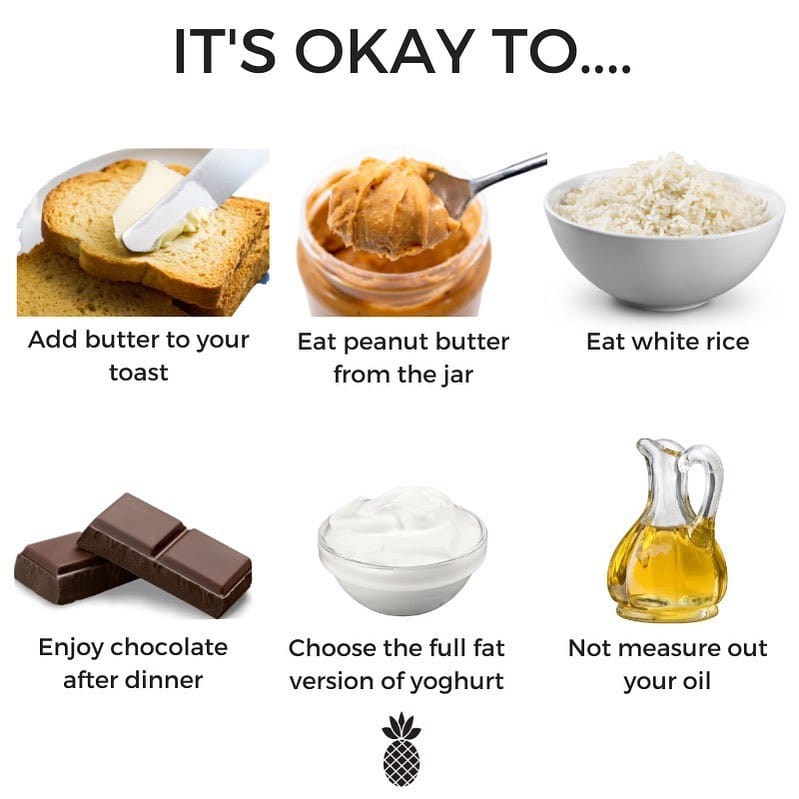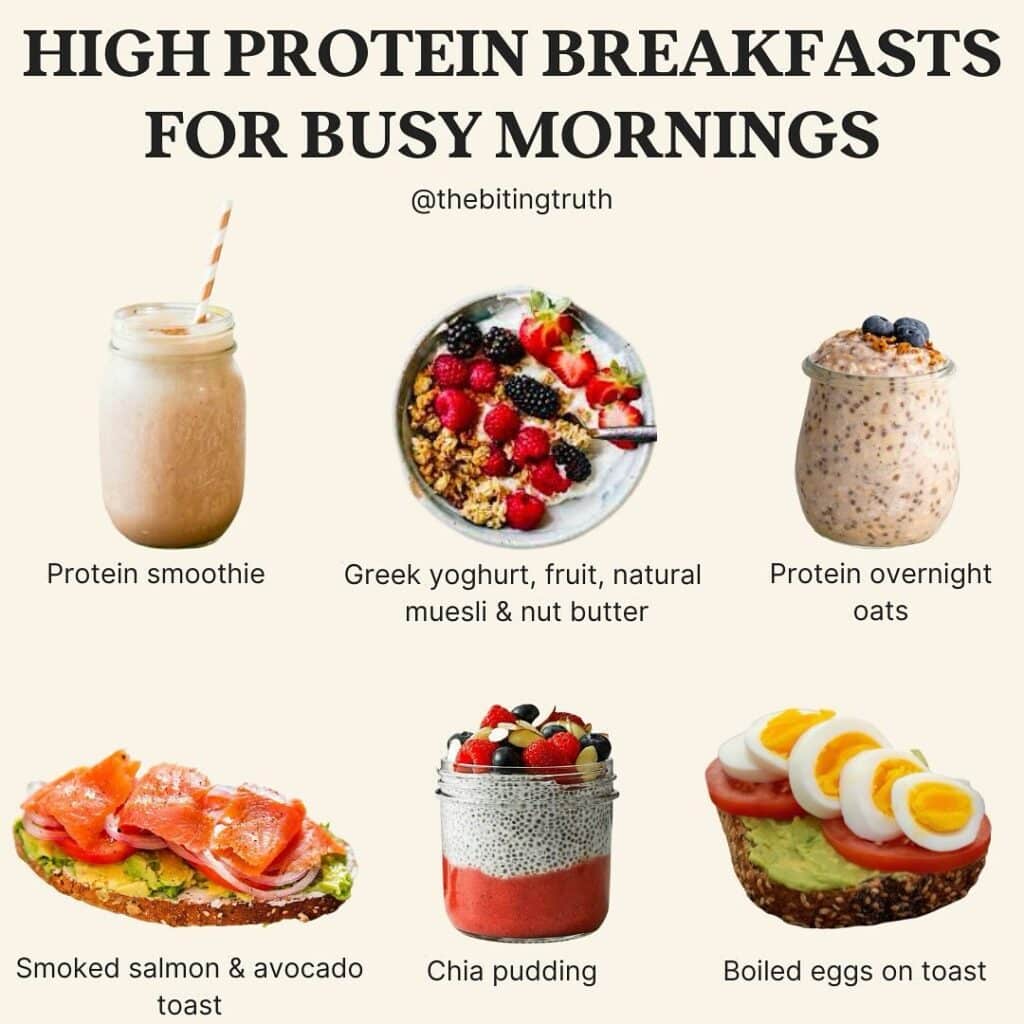There’s so much noise and misinformation in the nutrition space these days, particularly with the rise of “health influencers” on social media.
Here, The Biting Truth’s co-founders, Anna and Alex, bust some common nutrition myths with good old scientific evidence!
It seems that every day someone is posting about the benefits of celery juice for digestion, weight loss, acne, chronic fatigue… the list goes on.
The fact is there’s no evidence to support any of these claims. Celery has no more magical healing properties or health benefits than any other fruit or vegetable.
Most of the benefits people report after consuming celery juice are likely related to its water content, which is over 90%. So essentially this trend is really just encouraging people to drink more water… but at a hefty price tag.
Save yourself time, money and effort by switching your celery juice for a glass of water in the morning. You’re better off eating celery anyway as juicing removes a lot of its fibre.
You may have heard claims apple cider vinegar (ACV) can help with digestion, weight loss, metabolism, detoxification, etc. However, there is very limited research to support most of these claims.
Yes, it’s true that ACV has a low Glycaemic Index (GI) (as do all vinegars). This means, when added to a meal, it can help moderate the spike in blood sugars that happens after eating. This helps you feel a little fuller for longer, which is certainly a positive.
You don’t need to be knocking back shots of ACV to reap these benefits, though. In fact, as a shot, the high acidity can damage your teeth enamel and your oesophagus (and it’s certainly not enjoyable!). Simply use it like you would any vinegar – in cooking or as a salad dressing.
ACV is no health elixir, however can certainly be enjoyed as part of a healthy, balanced diet.
Trendy diets come and go and ketogenic diets (or ‘keto diets’, for short) seem to have come full circle and become ‘trendy’ once again.
The keto diet is very low in carbohydrates and high in fat. Say ‘goodbye’ to bread, pasta, rice, potatoes and most fruits, and ‘hello’ to lots of fat-rich foods like meat, cheese, butter and cream.
At this stage, there is a lack of convincing evidence for keto diets to support the health claims about longevity, gut and heart health. In fact, recent evidence shows a high fat diet, especially a high saturated fat diet, can promote inflammation and the progression of inflammatory diseases such as Alzheimer’s disease.
Unless for medical purposes, we don’t recommend following a ketogenic diet. A healthy diet is all about balance. Our approach is to look at sustainable changes you can make to your diet that don’t include cutting out entire food groups.
Detox diets come in many shapes and sizes, from water fasting to juice cleanses, detox tea to raw vegetable diets.
Detoxing may be tempting, but the truth is there’s no evidence behind detoxing for weight management or to eliminate toxins from the body.
No food, drink, supplement or diet regimen can detox your body. Your liver and kidneys are natural detoxifiers and will cleanse your body of toxins all on their own. Detox diets can actually negatively impact your metabolism and hormone production and don’t come close to meeting your nutrient needs. They’re unnecessary, ineffective, and arguably do far more harm than good!
For a long time, coconut oil was touted as the holy grail of oils. Wellness bloggers and celebrities raved about its health benefits. Yet, it consists almost entirely of saturated fat – the type of fat that increases levels of “bad” cholesterol in the blood, which can lead to heart disease.
You’re far better off opting for unsaturated fats and oils, particularly extra virgin olive oil, which is also a rich source of antioxidants. Unsaturated fats have the opposite effect to saturated fat on your cholesterol levels – they actually lower bad cholesterol.
Replacing saturated fats with unsaturated fats can help improve your cholesterol levels and reduce your risk of heart disease. Say ‘goodbye’ to coconut oil and ‘hello’ to extra virgin olive oil!
When it comes to artificial sweeteners, we’re still on the fence.
There is minimal proof that artificial sweeteners are any healthier than regular sugar. Most evidence shows they have either a negative or no impact on weight loss.
While sweeteners like stevia and monk fruit contain fewer calories than normal sugar, there’s some evidence to show they can actually encourage weight gain, by causing people to eat more and crave sugar, due to their intense sweetness.
If you’re aiming for weight loss, instead of opting for artificial sweeteners, simply replace your sugar-sweetened drinks with unsweetened options – or even better, water! Over half of Australians’ added sugar intake comes from drinks, so they’re a great place to start making changes.
The key theme here is not to believe everything you see or hear online, be it on social media or in mainstream media. Make sure you’re getting your health advice from a qualified health professional to be certain it’s backed by science, not myth.
—
Notes:






